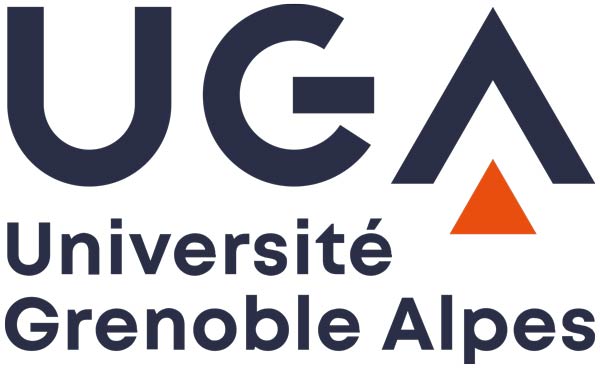Summary:
“Glycosyltransferases (GTs) are enzymes able to glycosylate a wide range of molecules. For this reason, GTs are extensively used in therapeutic drug development. In this PhD project, we explored the application of GTs as tools for synthetic glycobiology, with a focus on the glycosylation of synthetic membranes. This project is split into two main parts. The first part studies the donor specificity and catalytic mechanism of a model GT which works on a lipid membrane, MGD1 from Arabidopsis thaliana. MGD1 is a galactosyltransferase that transfers a galactose from UDP-Gal to diacylglycerol (DAG), and needs anionic lipids such as phosphatidylglycerol (PG) or phosphatidic acid (PA) for activity. We used a structure and sequence-guided approach to engineer a MGD1 mutant altering its donor specificity to UDP-Glc. We performed mutational studies with the aim to consolidate the previously proposed PG-His catalytic dyad and probe the binding site for the allosteric activator PA. The second part explored the application of LgtC, a bacterial galactosyltransferase, to synthesize the Gb3 antigen on synthetic membrane systems. The capability of LgtC to generate Gb3 on giant unilamellar vesicles (GUVs) was demonstrated by confocal microscopy using fluorescently-labelled Shiga toxin B subunit (StxB), a lectin specific for Gb3. Quartz crystal microbalance with dissipation (QCM-D) allowed quantitative evaluation of Gb3 formed on supported lipid bilayer (SLB). The potential of LgtC and MGD1 to transfer a functionalised galactose (Gal-N3) to their respective acceptors was also evaluated. The knowledge gained from this research has value in the engineering of GTs as tools in synthetic glycobiology applications. “


